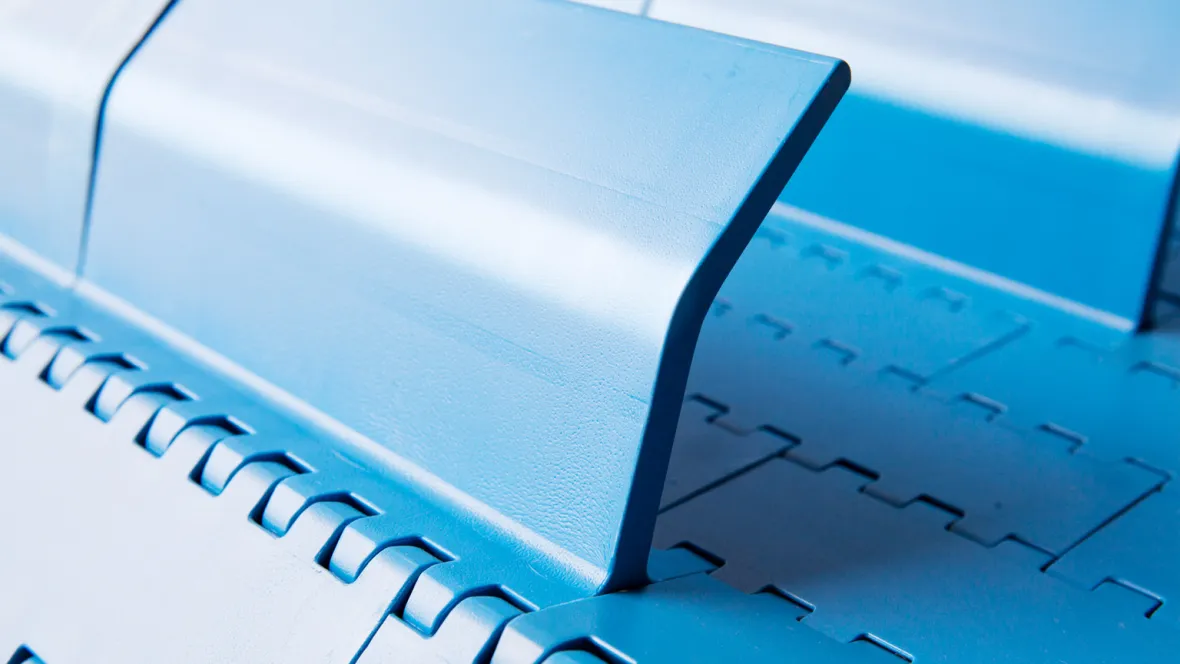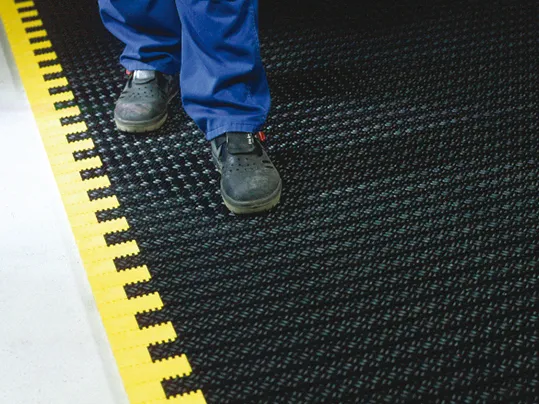Bandes modulaires en plastique
Siegling Prolink

Bandes modulaires en plastique
Dans de nombreuses applications, les bandes transporteuses conventionnelles ne conviennent pas en raison de leur structure. Dans ces cas-là, les bandes modulaires en plastique Siegling Prolink constituent une solution judicieuse : leur matériau résiste à la putréfaction, offre une grande longévité et est sans conséquences physiologiques (tous les matériaux standards utilisés sont autorisés par la FDA). En règle générale, les bandes sont conçues pour faciliter leur nettoyage.

La gamme Siegling Prolink se compose de différentes séries structurées pour répondre aux multiples fonctions de transport et de process.
Ce que cela signifie:
Les installations existantes peuvent être converties sans problème à Siegling Prolink. Outre les couleurs standards, toute couleur est disponible sur demande.
La diversité des matériaux permet d'affiner encore plus les caractéristiques des différents types de modules. Cette modularité place Siegling Prolink à la hauteur de toutes les exigences pratiques. Qu'il s'agisse de transporter, positionner, laver, sécher, congeler ...
PA (Polyamide)
POM-CR (POM cut resistant)